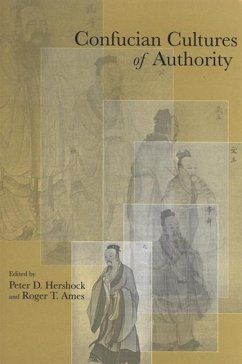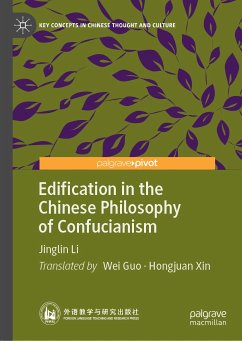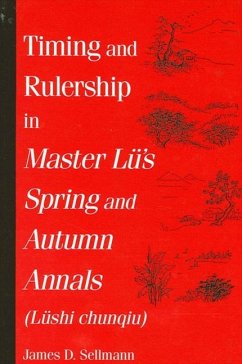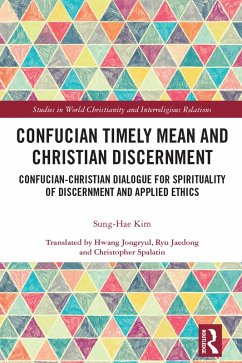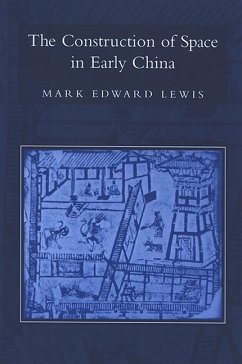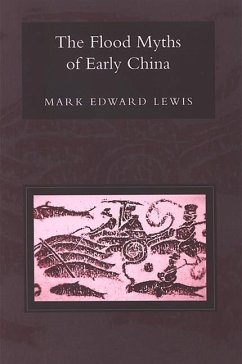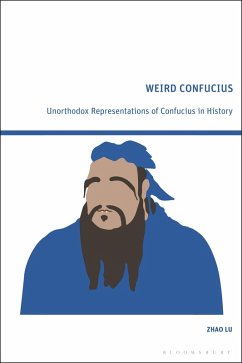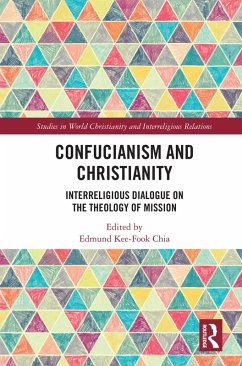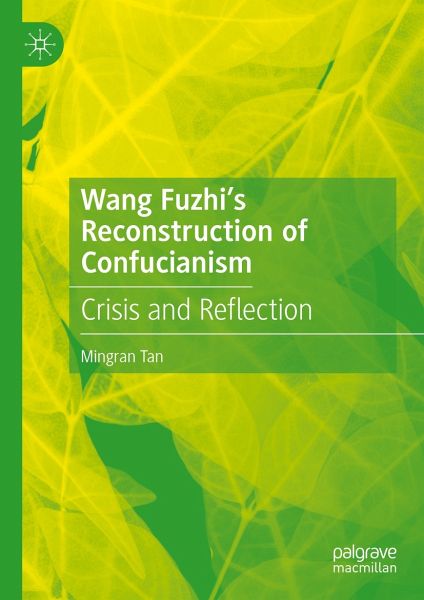
Wang Fuzhi's Reconstruction of Confucianism (eBook, PDF)
Crisis and Reflection
Versandkostenfrei!
Sofort per Download lieferbar
96,95 €
inkl. MwSt.
Weitere Ausgaben:

PAYBACK Punkte
48 °P sammeln!
Wang Fuzhi (1619-1692), a Ming loyalist, was forced to find solutions for both cultural and political crises of his time. In this book Mingran Tan provides a comprehensive review of Wang Fuzhi's understanding of historical events and his interpretation of the Confucian classics. Tan explains what kind of Confucian system Wang Fuzhi was trying to construct according to his motto, "The Six Classics require me to create something new". He sought a basis for Confucian values such as filial piety, humanity and ritual propriety from political, moral and cosmological perspectives, arguing that they c...
Wang Fuzhi (1619-1692), a Ming loyalist, was forced to find solutions for both cultural and political crises of his time. In this book Mingran Tan provides a comprehensive review of Wang Fuzhi's understanding of historical events and his interpretation of the Confucian classics. Tan explains what kind of Confucian system Wang Fuzhi was trying to construct according to his motto, "The Six Classics require me to create something new". He sought a basis for Confucian values such as filial piety, humanity and ritual propriety from political, moral and cosmological perspectives, arguing that they could cultivate a noble personality, beatify political governance, and improve social and cosmological harmony. This inspired Wang Fuzhi's attempt to establish a syncretic blend of the three branches of Neo-Confucianism, i.e., Zhu Xi's (1130-1200) philosophy of principle , Wang Yangming's (1472-1529) philosophy of mind and Zhang Zai's (1020-1077) philosophy of qi (material force).
The most thorough work on Wang Fuzhi available in English, this study corrects some general misunderstanding of the nature of Wang Fuzhi's philosophy and helps readers to understand Wang Fuzhi from an organic perspective. Building upon previous scholars' research on Wang Fuzhi's notion of moral cultivation, Tan gives a comprehensive understanding of how Wang Fuzhi improves social and cosmological harmony through compliance with Confucian rituals.
Dieser Download kann aus rechtlichen Gründen nur mit Rechnungsadresse in A, B, BG, CY, CZ, D, DK, EW, E, FIN, F, GR, HR, H, IRL, I, LT, L, LR, M, NL, PL, P, R, S, SLO, SK ausgeliefert werden.
Alle Preise in Euro und inkl. der gesetzl. MwSt. | Innerhalb Deutschlands liefern wir preisgebundene Bücher versandkostenfrei. Weitere Informationen: bitte hier klicken
Support
Bitte wähle dein Anliegen aus:
Rechnungen
Bestellstatus
Retourenschein
Storno




